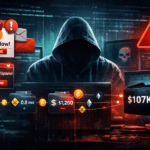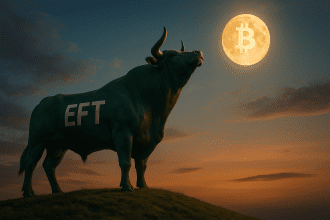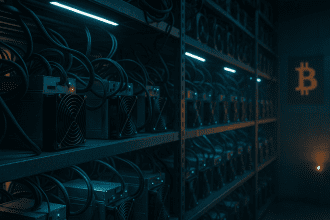You’ve heard of Bitcoin or Ethereum, right? Then you’ve already brushed against blockchain even if you didn’t realize it. But here’s the thing it’s not just about crypto. Picture a shared online notebook spread across countless computers instead of sitting in one company’s basement. Every time someone adds a note, everyone’s copy updates too. Each page links to the last, forming a digital chain that’s nearly impossible to mess with. Because the record lives everywhere, no one can secretly change it. It’s trust, built into code.
Strip away the tech talk and the idea’s surprisingly clear. Transactions pile up into blocks. Each block gets sealed with cryptography. Then, all those computers thousands of them compare notes and agree on what’s true. That’s decentralization in action. And smart contracts? They’re like self running deals that execute automatically when conditions are met. No paperwork. No middlemen. Just pure logic doing its thing.
But here’s where it gets interesting not every blockchain looks alike. Bitcoin and Ethereum? Open playgrounds. Private ones? Controlled by a single group. Some are run by a consortium of partners. Others blend both worlds. Together, they’ve grown into something way beyond finance. Banks use them for instant payments and asset tracking. Supply chains trace goods from factory to store. Doctors keep medical data secure. Even artists sell digital collectibles as NFTs, proving ownership in ways old systems can’t touch.
Why’s everyone talking about it? Easy. It cuts out go betweens, keeps everything transparent, and makes cheating painfully obvious. But it’s not perfect. Public blockchains can be slow and pricey when traffic spikes. Some still waste energy, though newer ones are greener. The rules? Still a work in progress. And setting one up right isn’t exactly cheap. But that’s tech for you progress comes with trade-offs.
Compare it to a regular database and the picture clears up. Databases are fast and efficient under one boss, but they’re easy to tamper with. Blockchains give up some speed in exchange for shared truth among strangers. And with upgrades like layer-2 scaling and sidechains, the performance gap’s closing fast. Governments are experimenting with blockchain currencies, while engineers are wiring them into smart devices that can handle their own transactions. The future’s already happening—quietly, block by block.
So no, blockchain’s not a fad. It’s a shift. It won’t replace everything, but where trust matters most, it’s a gamechanger. Banks will settle faster, supply chains will become transparent, and creators will finally own their digital work outright. Sure, there’s still plenty to iron out, but that’s how revolutions go. Just like the web changed how we talk and share, blockchain’s changing how we trust. And honestly? It’s only getting started.






















